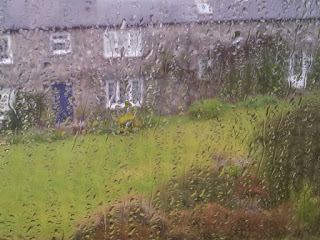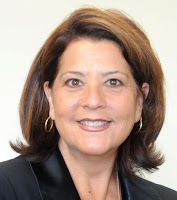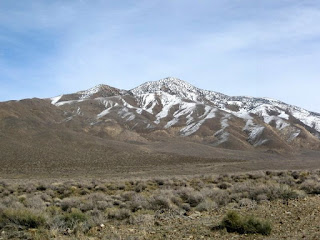< A rather difficult guest | Index | A pattern of blessing >
The latest visitor is very difficult to accept, but the Lord insists that Roy remains calm and patient. And when they reach the chapel it becomes clear that no intervention will be necessary.
In the previous extract, things were getting a little difficult for Roy. First he has to be patient while urgent business is put on hold, and then he struggles with the dirty stories being told by one of their latest visitors.
He soldiers on, offering hospitality despite the unpleasantness. But things are not about to get better! At least, not immediately.
I was ready to do some righteous rebuking - I didn't want this in Ffald-y-Brenin, in my house and in my kitchen - but God said to me, 'Don't you dare rebuke this man.' It was that clear. This worried me. It was not the prompting I wanted to hear. I wondered whether it was God's voice that I was discerning after all.There are some important things to notice in this extract from 'The Grace Outpouring'.
We heard a third filthy story and I explained more about the centre and what we believed about the presence of God there. When he got on to his fourth story I just wanted to be rid of them. But I had made a commitment to God in the previous weeks that if he brought people to the centre I would stop, however pressed I was, put them first and bless them. So I offered to show them round, hoping they would take the chance to make their escape and save me time and irritation. But his wife said yes, though the object of my wrath mumbled something about tagging along though not really being interested. I resisted the temptation to suggest he wait in the car.
The centre was packed with guests, so I walked them round via the outside paths, but we had to pass windows thrown open because of the heat of the day, and the stream of profane anecdotes did not slow down. Internally I was having an animated conversation with God: 'Please protect the hearing of the guests as this filth is paraded past their windows. Lord, I am committed to blessing this couple but this is a real struggle.'
I told them we were at the chapel, opened the door and ushered them in. The husband was in full obscene flow. Then he put one step on the stone floor of the chapel, fell headlong and began to cry like a baby. He cried out to God, 'I'm so sorry. I didn't know you were real. I've heard so much about you and not really believed, and not cared, but I didn't know you were real. Oh God, I'm so dirty. Oh God, how can you ever cleanse me? Oh God, can you ever have mercy on me?
His wife's legs had given way too, and she'd fallen very heavily onto the stone seating. She sat and wept. I quietly slipped out and let God do his work.*
It was entirely natural that Roy should want to silence this most difficult of visitors. Most of us, in Roy's place, would have remonstrated with him or even asked the couple to leave and not return. We would have been wrong.
Father does not need our help in dealing with people. We cannot bring a person to belief. We may be able to bring a person into the Lord's presence but the rest is not for us to do. We will always need to love them and accept them as they are, warts and all. But it is not our role to change them, nor is it our role to reject them.
When the Lord deals with people, take a hint from Roy and avoid being in the way. Sometimes it may be right to remain physically present, but don't interfere. Watch and pray.
And concerning difficulties - remember that rain may seem disappointing, we might think it has spoiled our day. We prefer sunshine, but rain is a blessing too. Sunshine without rain causes deserts. Sunshine mixed with rain brings abundant growth.
Read a brief review of the book (includes several ways to buy a copy).
*Copyright 2008 Roy Godwin, Dave Roberts. The Grace Outpouring published by David C Cook. Publisher permission required to reproduce. All rights reserved.
< A rather difficult guest | Index | A pattern of blessing >




















